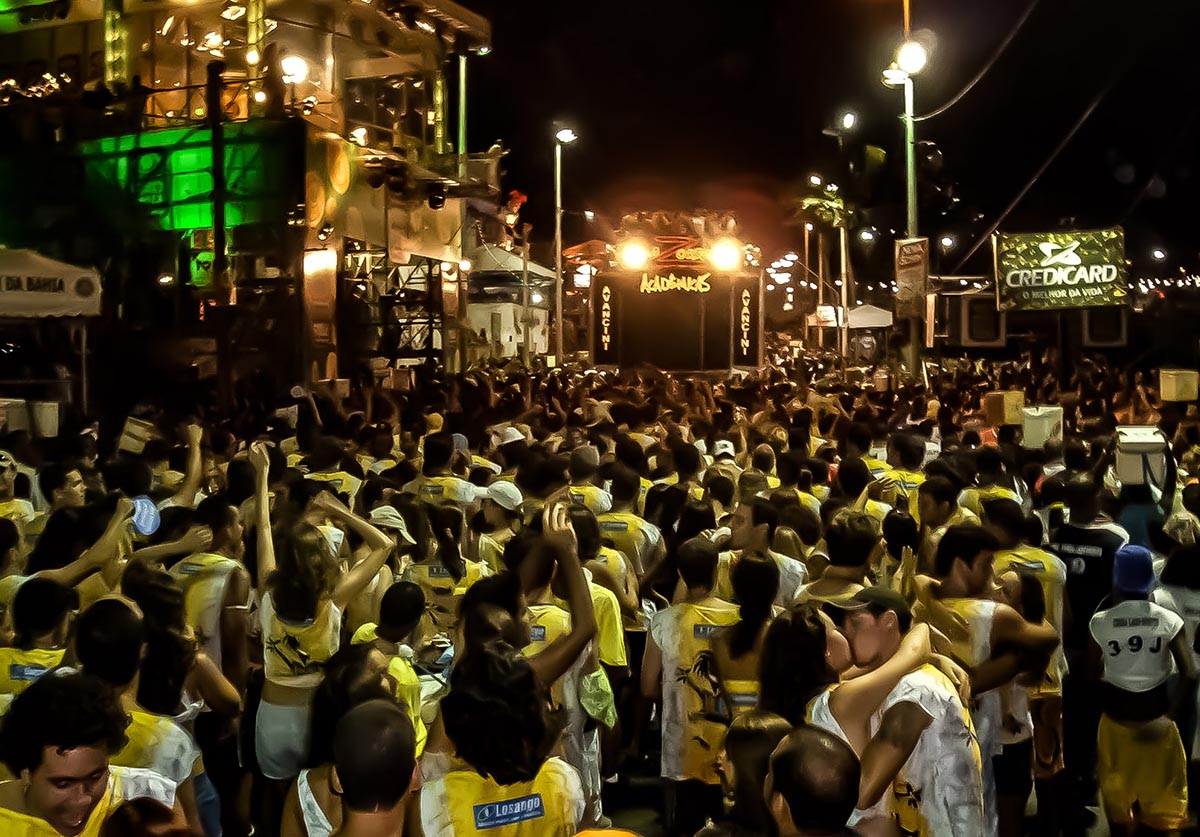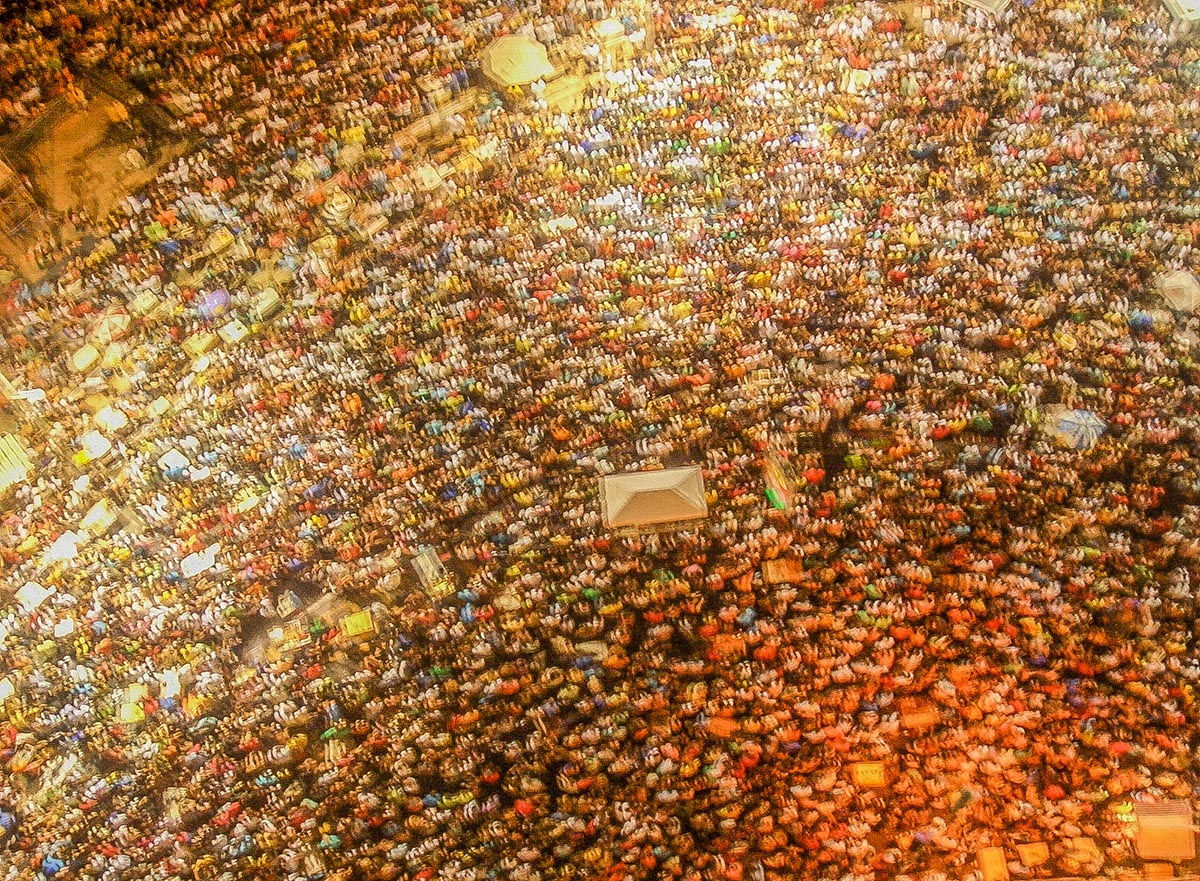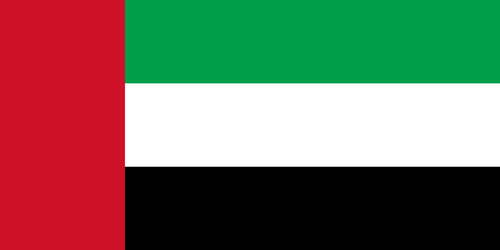Festivals
Brazil

Whilst Carnival in Rio is known for the flamboyant floats of its numerous Samba Schools and is often frequented by tourists, arguably Salvador is the Carnival of choice for Brazilians. Many say that in Rio you observe the parade, but in Salvador you are the parade!

The capital of the northern state of Bahia, Salvador was once the seat of power in the country during the Portuguese colonial period. Surrounded by dramatic coastline and picturesque beaches, the charming streets and colonial buildings of Salvador house the beating heart of Brazil’s Afro-Brazilian community where music, food, dance, religion and martial arts traditions are still very much alive.

Salvador’s Carnival is famous for being one of the world’s biggest street parties, with Axé, a genre of Afro-Brazilian pop music, fuelling the festivities. There are three ways to experience the carnival. You can simply dance on the streets with the crowds for free, called “Pipoca” meaning popcorn and describing how the jumping crowds look from a distance. For a more high intensity experience, you could dance inside a “Bloco”, a roped off area around the “Trio Electricos”, large 18-wheel freight trucks that have amplified sound systems and stages for artists to perform. The Blocos/Trios move through the streets of Salvador with one of the most popular routes running parallel to the stunning Salvador coastline. To gain admission to the Bloco you’ll need to buy a ticket called “Abada”, essentially a colourful t-shirt that identifies you as a member of that Bloco. The biggest Blocos generally have popular artists such as Ivete Sangalo, Chiclete com Banana, Olodum and Timbalada playing. Lastly, you can buy a ticket to watch the crowds from the “Camarote”, or grand stands located along the avenues where the Blocos traverse. Camarotes are all-inclusive with food, drinks, DJs and live music.
COUNTRY COUNTER
Fast Facts on countries the CENTUM+ team have explored so far ...





















